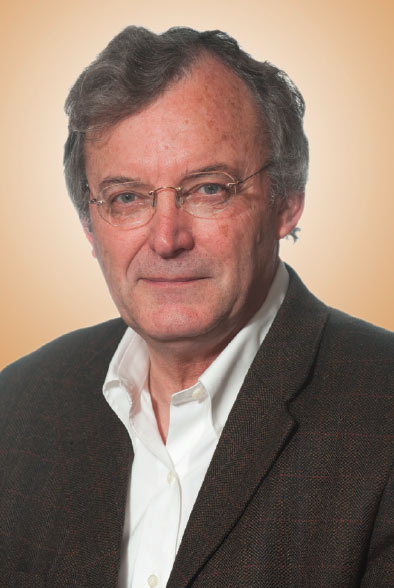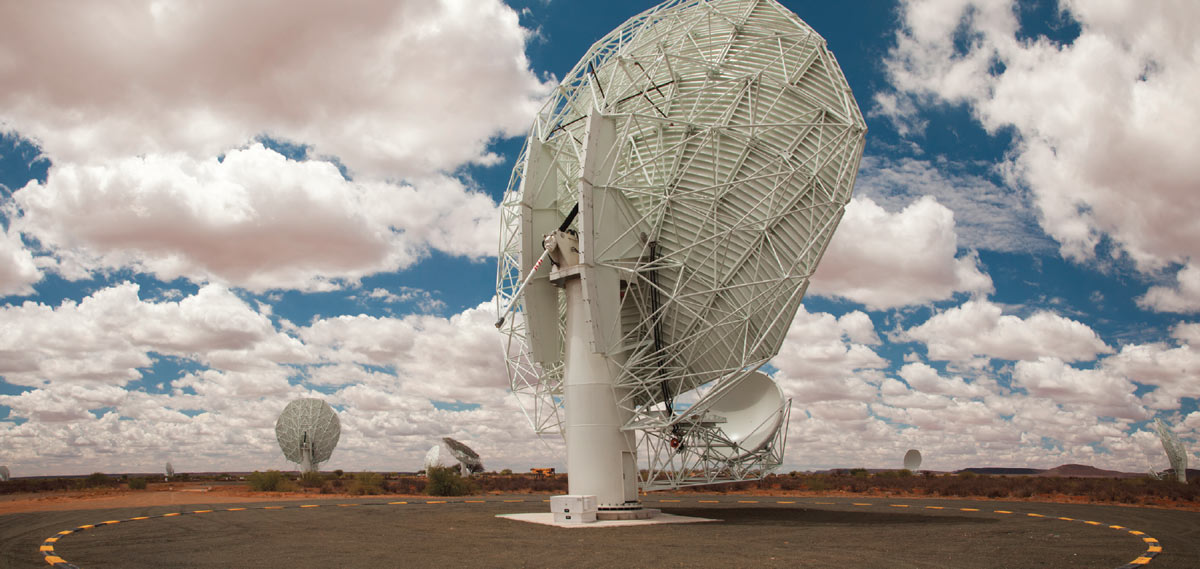 Professor Robin Crewe, Director of the Centre for the Advancement of Scholarship (CAS)
Professor Robin Crewe, Director of the Centre for the Advancement of Scholarship (CAS)
Diplomacy, on the other hand, writes Professor Robin Crewe, is essentially an activity in which national stat es engage in order to regulate relationships between themselves. The intersection of the interests and activities of the natural scientists with that of the national states in which they live, has resulted in the emergence of an activity that is now called Science Diplomacy. States have recognised that natural scientists (and scholars in general) are driven to form collaborations that arise from their interest in addressing key questions in their disciplines. Hence their primary focus is not on issues of national concern, although if they achieve prestige in a field (e.g. Nobel prizewinners) they will be accorded national honour. States have recognised that encouraging collaboration between their natural scientists may bring significant benefits in terms of relationships between the states and may lead to significant national benefits in terms of the development of ideas, innovations and expertise.
As the cost of undertaking certain forms of research have risen to the point where individual states can no longer afford to fund them, scientists have recognised that they need to form international consortia that would collectively persuade states to co-fund the research activities. Good examples of this are CERN in particle physics, the international space station in space exploration, and the SKA in astronomy. In addition, there are a number of issues that arise as a result of the application of the natural sciences to human development that are of global concern. These include the use of genetically modified organisms (GMOs) in agriculture and other industries, and the issue of climate change. In these cases, scientists are involved in advising governments regarding the evidence that provides insights into addressing these problems.
The international role played by scholars was highlighted by a former Foreign Secretary of the Royal Society of London, Lorna Casselton, who said:
“The Royal Society has a long history of using science to rise above military conflict and political and cultural differences. My post was instituted in 1723, nearly 60 years before the British Government appointed its first Secretary of State for Foreign Affairs.”*
Although governments may have been slow in establishing formal structures to make use of science in diplomacy, it is now globally practised.
The challenge for natural scientists engaged at the interface between their disciplinary work and the demands of diplomacy between states is to understand their role in the three dimensions of Science Diplomacy defined in the Royal Society Report on Science Diplomacy:
“The concept of Science Diplomacy ... is still a fluid concept, but can usefully be applied to the role of science, technology and innovation in three related areas:
Thus natural scientists who are encouraged to engage in bilateral or multilateral collaborations by their national governments and funding agencies, or those who advise on the ‘wicked’ problems that currently confront humanity, need to be aware of the potentially conflicting demands that they may face when they act in a diplomatic role. Most natural scientists who find themselves in these roles are poorly prepared to deal with the environment into which they are thrust, and they need to consider whether they require some mentoring from the University in order to fulfil this role effectively.
*New Frontiers in Science Diplomacy: navigating the changing balance of power. Report based on evidence gathered at a meeting hosted by The Royal Society of London in partnership with the American Association for the Advancement of Science (AAAS). RS Policy Document 1/10, pp. 32, 2010.
In May 2015, Professor Geoffrey Boulton, Regius Professor of Geology Emeritus and former Vice-Principal of the University of Edinburgh, presented a guest lecture at the invitation of the Vice-Chancellor and Principal, Professor Cheryl de la Rey, an event co-hosted with the International Council for Science (ICSU) and its Committee on Data for Science and Technology (CODATA).
The focus was on the implications of ‘open data’ and ‘big data’ for the future of science, and the emergence of data science as a discipline. The ‘data revolution’ raises important questions for international science and for the science base in Africa, and offers new opportunities for scientific discovery that transcend traditional disciplinary boundaries. It also calls for greater involvement of a wider range of stakeholders and citizens in the co-production of knowledge, and for a deeper democratic engagement with the ways that scientific knowledge is created and used. Science can no longer be a private enterprise that is conducted behind closed laboratory doors.
At the same time, while science is an international activity, it is undertaken in a national cultural setting, which requires national strategies to fit within a common international frame. Professor Boulton’s lecture set the scene for discussions about science and science policy for Africa in the age of big data. Photograph courtesy of SKA
Photograph courtesy of SKA